Living the dream (for a short while)
Eline van Wieren is a writer from the Netherlands. A year ago, she signed with a Dutch publishing house for her debut novel. After she signed, she decided: I’ll take one year to write my first draft, another for rewrites and then my book will be ready to hit the stores. This turned out to be pretty optimistic planning. Because how do you write a book when you’re also expected to pay rent, see your friends regularly, move your body enough so it stays healthy and do all that other stuff that makes up a life? In this series of blogs Eline writes about the struggle of being a writer and a human being at the same time.
*
For the past month, I’ve been slowly working my way through May Sarton’s Plant Dreaming Deep. In this journal, Sarton is in her forties and writes about buying her first home. An 18th century dilapidated farm she completely remodels. It has a big piece of land around it where she plants flowerbeds. After the house is finished, she writes about her live there. How she gets up early in the morning and immediately gets to writing, because it’s the only time of day where her mind hasn’t been poisoned by outside things yet. After a few hours of writing poems or maybe working on a novel, she reaches the end of her productive energy for the day and moves on to the garden.
She picks bouquets of flowers for every room of the house (“If someone asked me what my idea of luxury is, I think my answer would be: flowers in the house all year round.”), goes for walks, drinks tea with neighbors. And the house is just hers, so she doesn’t have to share it with anyone unless she wants to. It is filled with old paintings and furniture she inherited form her parents. The kitchen has a yellow floor, there are big windows on each side of the house… It is the dream. And it is delicious to live that dream vicariously through her writing.
But it’s not a dream that came easy, she could only afford the house because her parents passed away. And according to Sarton, her writing never got the recognition it deserved. (Can we take a moment to acknowledge what a bad ass person you are if you publish this about your own work?) She describes it as “that form of gambling called ‘writing for a living’”.
That’s what it is, isn’t it? The gamble of where to spend your energy, how much of it to invest in work that ends up paying the bills, how to make sure you earn enough so that the brain space you’d like to spend on writing doesn’t end up going to worrying about money. It’s a bit like walking a tightrope while balancing an egg on your head. But you don’t want to call it that, because you’re also aware of the fact that people are, you know, living in actual wars. And we’re also all going to die within about twenty years anyway, because we’re taking horrible care of this planet we’re living on. Your book doesn’t really matter in the big scheme of things, so actually it isn’t a big deal whether you write it or not. And when you get to that point, you know that things are really starting to spiral.
The solution I came up with: getting myself into Sarton-like circumstances. Even if it would only be for a short while. I applied for a writing residency in a 500-year-old house in my favorite Dutch city and I got it. Two weeks of uninterrupted writing. The first days were incredible. We were in a heatwave, so I woke up early to open all the windows and let the house breathe the comparatively cool morning air. I had big insights on what the plot of my book should be. I printed out all the work I wrote in the months before and was surprised at the volume of the stack of paper that came rolling out of the machine. It turned out to be way more than I thought I’d written.
Each morning I woke up feeling light and I thanked the ghosts of the house. The floors were vibrating with everything this house had been present for. Everything creaked and chattered at night. Which meant I didn’t sleep well, but it granted me the kind of slight mania that benefits writing, because you’re too tired to doubt the sentences that come flowing out of your hands. And when the being alone became too much, I invited over a friend who is working on his first novel as well. We wrote together in silence and when we reached the end of our productive energy, we went out for lunch.
Even though I could’ve carried on living like that for, let’s be honest, decades, doing it for two weeks recharged my creative battery enough to be able to face brain shriveling emails and stupid walks for my stupid mental health.
According to May Sarton “It is good for a professional to be reminded that his professionalism is only a husk, that the real person must remain an amateur, a lover of the work.” Getting to exist in a place for a while where laundry doesn’t exist and the windows aren’t yours to clean, makes it easier to shed the husk of professionalism and return to the amateurish lover you also are.
*
Next May, Wide Open Writing is hosting its very first writing residency in Tuscany. Are you looking for a week that’s dedicated to writing, surrounded by delicious Italian food, optional morning yoga classes and evening salons to share your work with other writers? Think this WOW Residency might be for you. Read all about it here


